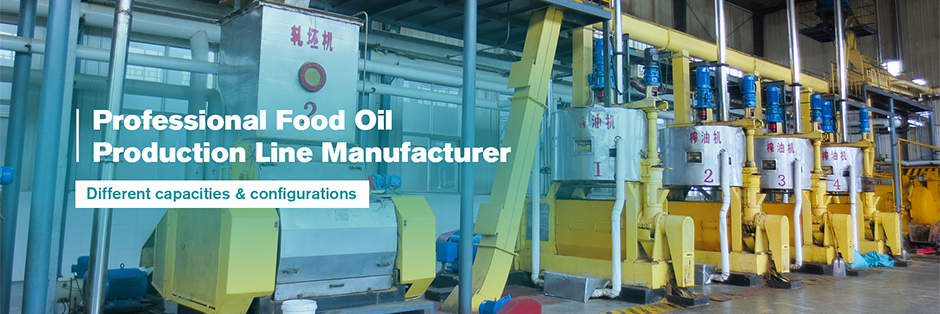Oct . 17, 2024 09:25 Back to list
Oil Refinery Process for Grain-Based Products and Their Applications
The Importance of Grain Oil Refining Units in Modern Industry
Grain oil refining units play a vital role in the food industry, particularly in the production of edible oils. These facilities are designed to process raw oils extracted from various grains, such as corn, soybeans, sunflowers, and canola. Refining is essential to remove impurities and enhance the quality of the oil, making it safe and suitable for consumption. As consumers increasingly demand higher quality and healthier cooking oils, the significance of grain oil refining units has never been greater.
Understanding the Refining Process
The refining process can be broken down into several stages degumming, neutralization, bleaching, and deodorization. Each stage serves a specific purpose in ensuring the oil meets strict quality standards.
1. Degumming This is the first step in the refining process, where water and acid are added to the crude oil to remove phospholipids, which can cause cloudiness. The degumming process results in degummed oil, which is more stable and has improved clarity.
2. Neutralization During neutralization, an alkaline solution is added to the degummed oil to neutralize free fatty acids. This step is crucial because high levels of free fatty acids can lead to off-flavors and odors in the final product. The neutralized oil is then washed and dried to remove any residual alkali.
3. Bleaching In this step, the oil is treated with bleaching earth or activated carbon to remove color pigments and other impurities. The bleaching process enhances the visual appeal of the oil, making it more attractive to consumers. The resultant product, known as bleached oil, is lighter in color and has improved stability.
4. Deodorization The final step in the refining process involves steam distillation under vacuum conditions to eliminate any remaining odors and volatile compounds. This process not only improves the sensory attributes of the oil but also extends its shelf life.
grain oil refining unit

Economic Impact
Grain oil refining units contribute significantly to local and global economies. They create jobs, support agricultural practices, and contribute to the food supply chain. The demand for refined oils has spurred growth in the agricultural sector, as farmers are encouraged to grow oilseed crops that will eventually be processed in these units. Moreover, as health-conscious consumers trend towards high-quality and nutritious oils, companies geared towards refining have the opportunity to innovate and develop new products that cater to these market demands.
Health Considerations
As the awareness of health issues tied to diet increases, the refining of grain oils has evolved to address consumer concerns. Modern refining techniques aim to preserve the natural antioxidants and nutrients present in the oil during the refining process. Some producers even opt for less intensive refining methods, such as cold-pressing, to retain more of the oil's natural benefits. The emphasis on healthy oils encourages consumers to choose options that are lower in saturated fats and enriched with essential fatty acids like omega-3 and omega-6.
Environmental Considerations
With rising global awareness surrounding environmental sustainability, grain oil refining units are under pressure to adopt more eco-friendly practices. From sourcing raw materials responsibly to implementing waste management systems, these facilities are increasingly focusing on reducing their environmental impact. Innovations such as using renewable energy sources and advanced water treatment systems are becoming more common in refining plants.
Conclusion
In summary, grain oil refining units are essential in producing high-quality edible oils that meet consumer demands and health standards. The multi-stage refining process ensures that oils are safe, appealing, and nutritious. As the industry continues to grow, it faces challenges that require innovation, including health considerations and environmental sustainability. By addressing these issues, grain oil refining units will not only contribute to economic growth but also promote a healthier lifestyle among consumers and a more sustainable future for our planet. Therefore, the significance and necessity of developing efficient, high-quality grain oil refining processes should not be underestimated in our ever-evolving global landscape.
-
Top Food Oil Refined Unit Companies w/ GPT-4 Turbo Tech
NewsAug.01,2025
-
Premium Black Seed Oil Expeller - High Efficiency Cold Press Oil Machine
NewsJul.31,2025
-
Oil Processing Equipment - High-Efficiency Flaking Machine
NewsJul.25,2025
-
High-Efficiency Peanut Oil Refined Machine for Quality Oil Production Leading Exporters & Companies
NewsJul.08,2025
-
High Efficiency Sunflower Seed Oil Press – Leading Cooking Oil Press Machine Factories & Suppliers
NewsJul.08,2025
-
High-Efficiency Soybean Oil Press Machine – Leading Exporters & Reliable Companies
NewsJul.07,2025
